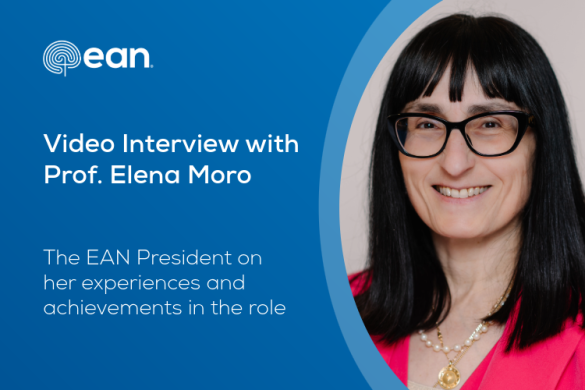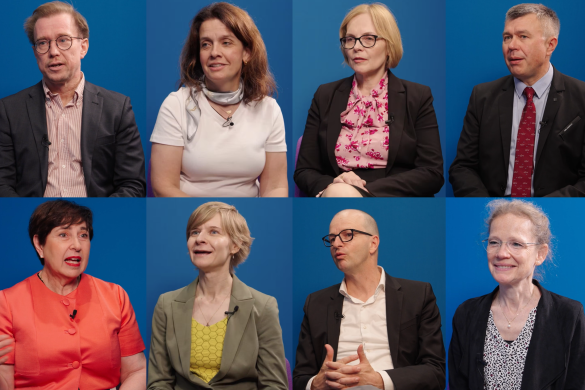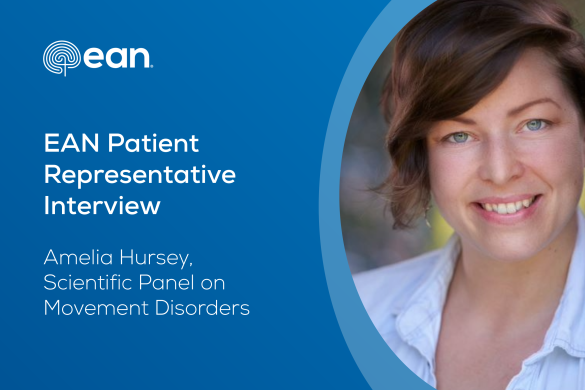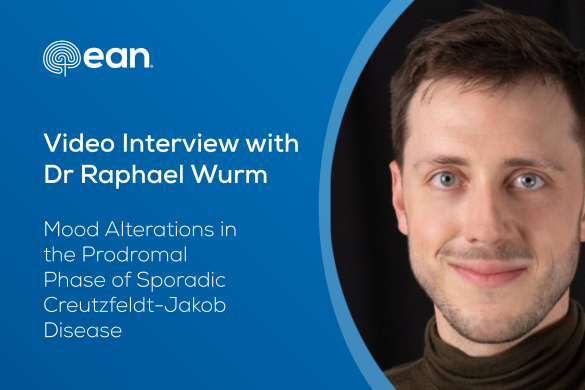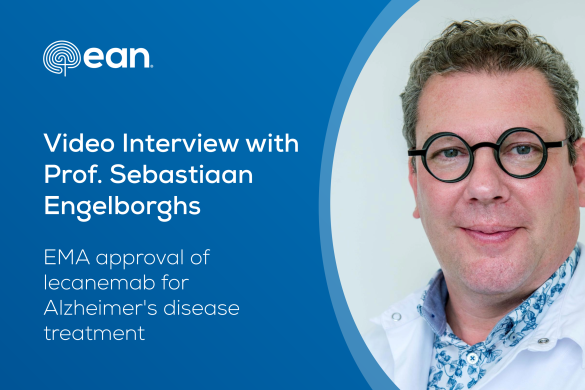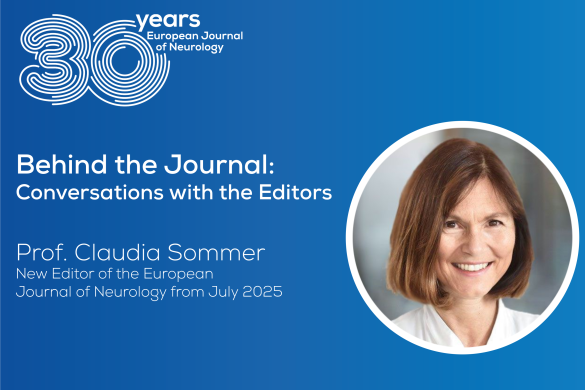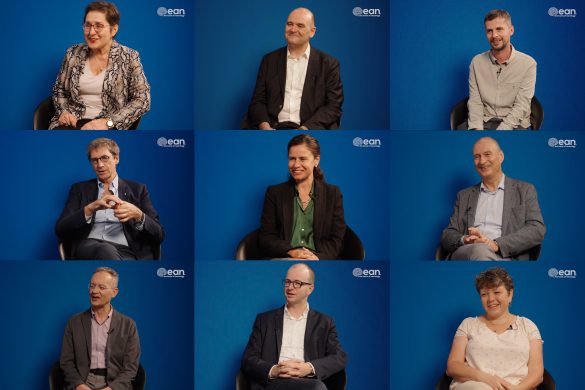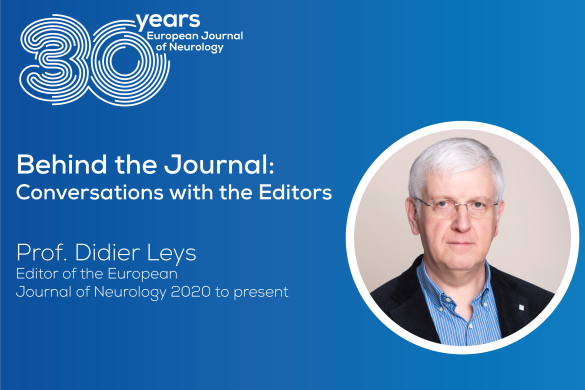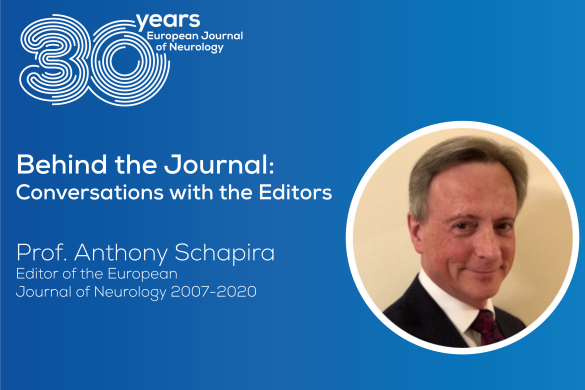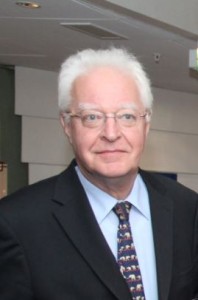 Gustave Moonen is Emeritus of Neurology at the University of Liège, Belgium and member of the board of directors of the Biomed Alliance.
Gustave Moonen is Emeritus of Neurology at the University of Liège, Belgium and member of the board of directors of the Biomed Alliance.
Gian Luigi Lenzi (GLL): Can you briefly describe the Alliance for Biomedical Research in Europe (Biomed Alliance).
Gustave Moonen (GM): The Alliance for biomedical research in Europe (Biomed Alliance) is a non-profit organisation founded in 2010 by four societies namely the European Cancer Organisation (ECCO), the European Respiratory Society (ERS), the European Society of Cardiology (ESC) and the European Association for the Study of Diabetes (EASD).
There were several reasons for founding the BioMed Alliance including the growing concerns by European scientists that we are losing our international competitiveness due to insufficient funding, the complicated and excessive administrative burdens on scientists applying and/or receiving EU support, the need for promoting the influence of active scientists on European research plans and their implementations as well as concerns over the fragmented European science funding in the health area. Further details on the Alliance missions and accomplishments can be found at www.biomedeurope.org. The Alliance currently represents more than 20 leading European biomedical societies. The EAN (then still ENS-EFNS) joined in 2012. At the suggestion of Richard Hughes, then president of the EFNS, I applied and was elected as member of the board of directors in 2012 and this mandate has been just renewed for a second and last term (2014 – 2016).
GLL: As Board member of the Biomedical Alliance, can you illustrate the role you give to the EAN within this organisation?
GM: As a European society the EAN has to be present at that level. To promote excellence in neurology within Europe as stated in the EAN bylaws has many aspects and none should be neglected. Research and research funding are therefore also a concern for the EAN. The burden of neurological diseases is an understated challenge of the 21st century. It is evident that the neurological field has to be represented in such a federation of European biomedical societies and it is of major importance for all biomedical fields to have a single European voice if they have the ambition to influence European research policy. We have to realise that health research in Europe faces several challenges including inadequate coordination at regional, national and EU level in the context of rising research costs and an increasing complexity of the innovation cycle.
GLL: The Biomedical Alliance will work in close cooperation with the European Commission through the creation of the Strategic Scientific Panel for Health within Horizon 2020. Can you illustrate the role of this panel?
GM: This independent advisory panel was an original idea of the Biomed Alliance with several objectives in mind. It is also one of the current major achievements of the Biomed Alliance. The main objective is actually to ensure an expert scientific input from the outset. This should allow to analyse research and innovation opportunities and bottlenecks, to define priorities, to define biomedical research and translation (I would rather say integrative) programmes thus promoting collaboration between researchers across borders, to provide scientific advice for new regulatory measures allowing progress of health research and to stimulate the contribution of other fields of science and technology.
GLL: Which is, in your opinion, the major current challenge for neurological research?
GM: I have mentioned several ones in the previous answers but there is one that I consider of major importance: too few young neurologists are active in research and we all are convinced that progress in diagnosis and treatment will only result from increased knowledge. I believe that the EAN has to invest in allowing and stimulating more young neurologists to invest in research for instance by creating a European PhD-Residency program. The EAN should become a forum for European neurological research.





